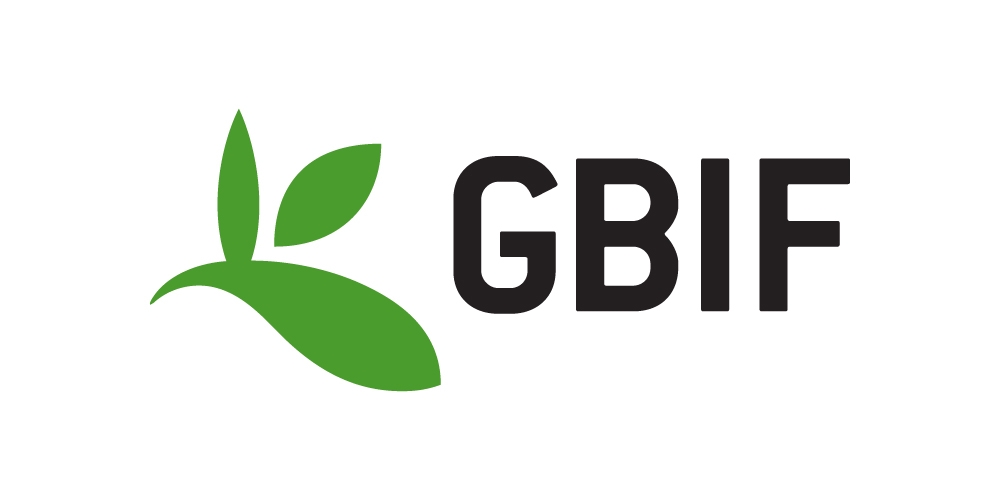The Global Biodiversity Information Facility (GBIF) is an intergovernmental initiative that emerged in 1999 through the Biodiversity Informatics Working Group of the Organisation for Economic Co-operation and Development (OECD). Biodiversity data are open access and free of charge, and comply with the FAIR (findable, accessible, interoperable and reusable) principles.
The data available are mainly on the distribution of plants, animals and fungi; scientific names from natural history collections and field observations.Thus, GBIF currently stores more than one billion records.
The Ministry of Environment is the signatory entity of GBIF in Chile and therefore responsible for its implementation.
GBIF Chile articulates and promotes the mobilization and free access to biodiversity data in the country, provides technical tools on biological data management, promotes collaboration between national and international initiatives related to biodiversity data, and manages funding to facilitate knowledge management.
Hémera Center is a member of GBIF and Paul Amouroux published its first database on scale specimens (Hemiptera: Coccomorpha: Diaspididae) collected in Chile from 2015. Identification was performed by combining morphological descriptions and molecular data based on the HCO-LCO region of the mitochondrial gene (cytochrome c oxidase subunit I - COI) and the D2 region of the nuclear 28S gene.
